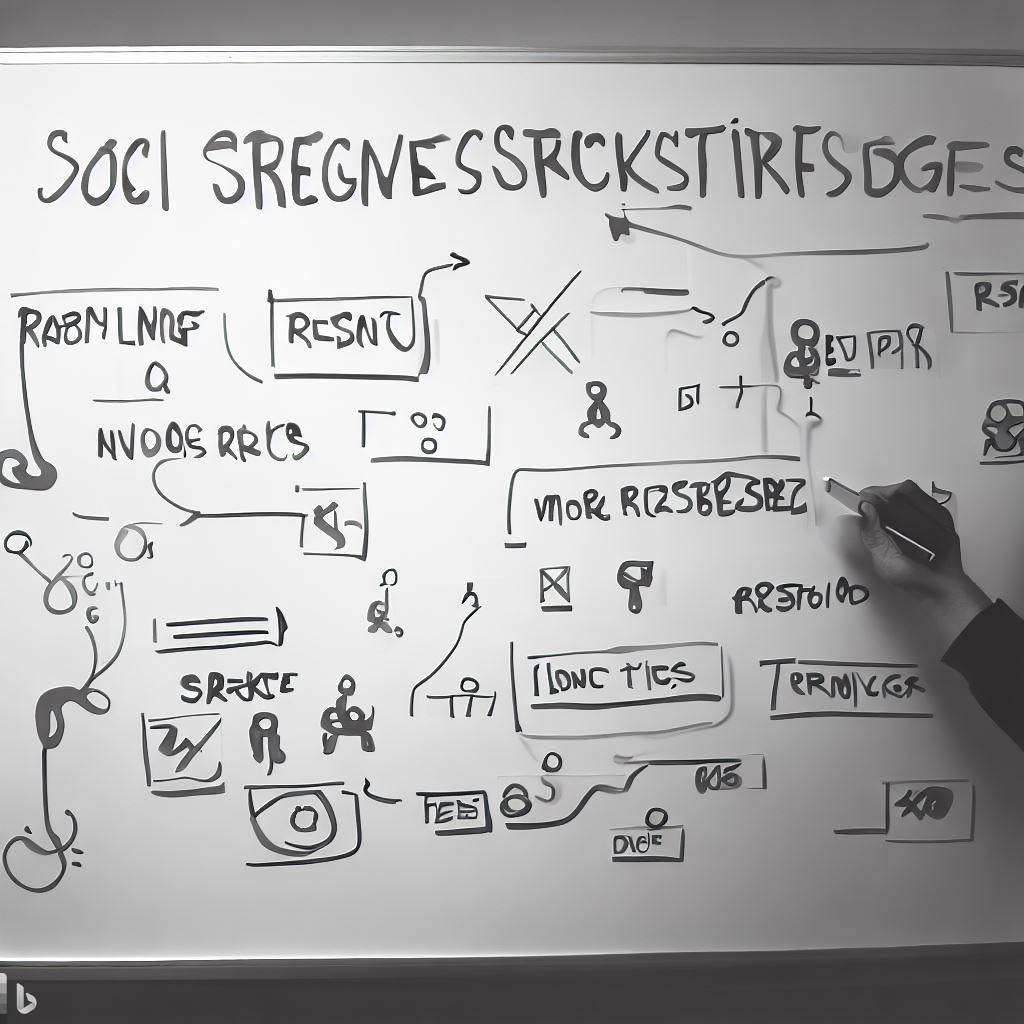Developer's Wisdom: A Letter to My Younger Self

Reflecting on my journey as a Software Engineer, I find myself caught in a wave of nostalgia. The victories, the hurdles, the moments of triumph, and the lessons learned from each experience. Now, as I guide and mentor the next generation of software developers, I see the same spark in their eyes that I once had. I've come to realize the importance of passing on the wisdom I've gathered over the years. So, here I am, talking to my younger self, sharing the top five pieces of advice I wish I could have given you, complete with deeper insights and anecdotes from my own journey.
1. Embrace Lifelong Learning

"Live as if you were to die tomorrow. Learn as if you were to live forever." - Mahatma Gandhi
Younger me, I know you thought you were done with learning. No more homework, no more exams. But to stay ahead of the pack, you needed to embrace the concept of lifelong learning. As Daniel Kahneman explains in his book "Thinking, Fast and Slow", our brains are wired to learn and adapt. So, make learning a habit. Read books, attend seminars, take online courses. Always strive to learn something new in your free time.
Technology is always evolving. New languages, frameworks, and methodologies are constantly emerging. If you don't keep up, you risk becoming obsolete. So, dedicate some time each day to learning. It could be reading a book, taking an online course, or even experimenting with a new technology. The key is to keep your mind active and your skills sharp.
2. Document Your Journey
"Your mind is for having ideas, not holding them." - David Allen, Getting Things Done
Taking notes is an underrated skill. It not only helps you remember what you discussed in previous meetings but also makes you look smarter. No one likes to repeat themselves, and by taking notes, you show that you are listening and that you value what is being said. I wish I had read "Getting Things Done" by David Allen earlier in my career. It would have saved me a lot of time and stress.
In addition to helping you remember important details, taking notes also allows you to track your progress and reflect on your journey. You can look back at your notes and see how far you've come, what challenges you've overcome, and what lessons you've learned. It's a great way to keep track of your growth as a developer and as a person.
3. Keep It Simple

"Simplicity is the ultimate sophistication." - Leonardo da Vinci
The simplest ideas are often the best. Early on, I was proud of my complex designs and intricate systems. But when it came time to bring those ideas to production, I found myself pulling all-nighters, trying to fix bugs and manage the chaos. I wish I had embraced the KISS (Keep It Simple, Stupid) principle earlier. It would have saved me a lot of headaches.
In software development, complexity is the enemy. The more moving parts a system has, the more things can go wrong. So, strive for simplicity. Keep your code clean and readable. Break down complex problems into smaller, manageable parts. And remember, a well-designed system is not one where there is nothing more to add, but one where there is nothing more to take away.
4. Take Baby Steps
"Small habits make a big difference." - James Clear, Atomic Habits
Progress is made one step at a time. Don't get caught in analysis paralysis. Start small, make progress every day, and before you know it, you'll have achieved your goals. As James Clear explains in "Atomic Habits", small habits compound over time, leading to significant results. So, take baby steps, and remember, the journey of a thousand miles begins with a single step.
This could mean breaking down a large project into smaller tasks, or tackling a complex problem one piece at a time. It's easy to get overwhelmed when you're faced with a big challenge, but by taking it one step at a time, you can make steady progress and eventually reach your goal.
5. Embrace Imperfection

"Perfection is not attainable, but if we chase perfection we can catch excellence." - Vince Lombardi
You will always feel like your code could be better. That feeling isn't going anywhere. The sooner you learn to live with that feeling, the better you'll be. As Ryan Holiday explains in "Ego is the Enemy", our ego often gets in the way of our progress. We need to learn to set it aside and accept that we are always learning and improving.
In software development, it's important to understand that your code will never be perfect. There will always be bugs to fix, features to add, and improvements to make. But that's okay. The goal is not to write perfect code, but to write code that works, that solves a problem, and that provides value. So, embrace imperfection, and remember, the perfect is the enemy of the good.
Looking back, I realize that these five pieces of advice would have made a significant difference in my career. But as they say, hindsight is 20/20. The important thing is to learn from our experiences and to share that knowledge with others.
If you found this article helpful, consider subscribing to our mailing list for more insights and advice. And if you're struggling with productivity, check out my previous articles on setting smarter goals and the impact of AI on productivity. Remember, the journey to becoming a successful software developer is a marathon, not a sprint. So, take your time, learn from your mistakes, and always strive to improve.